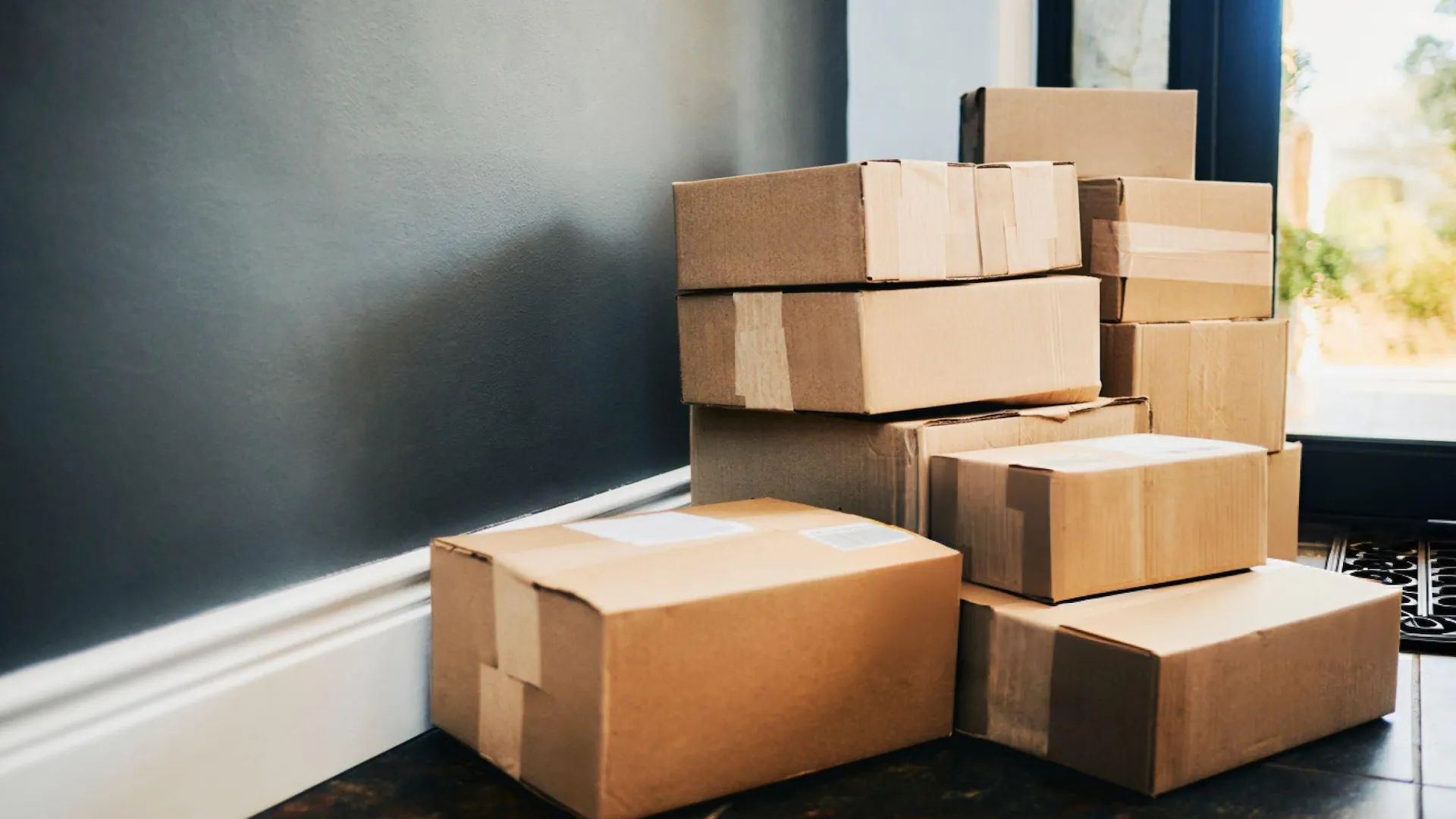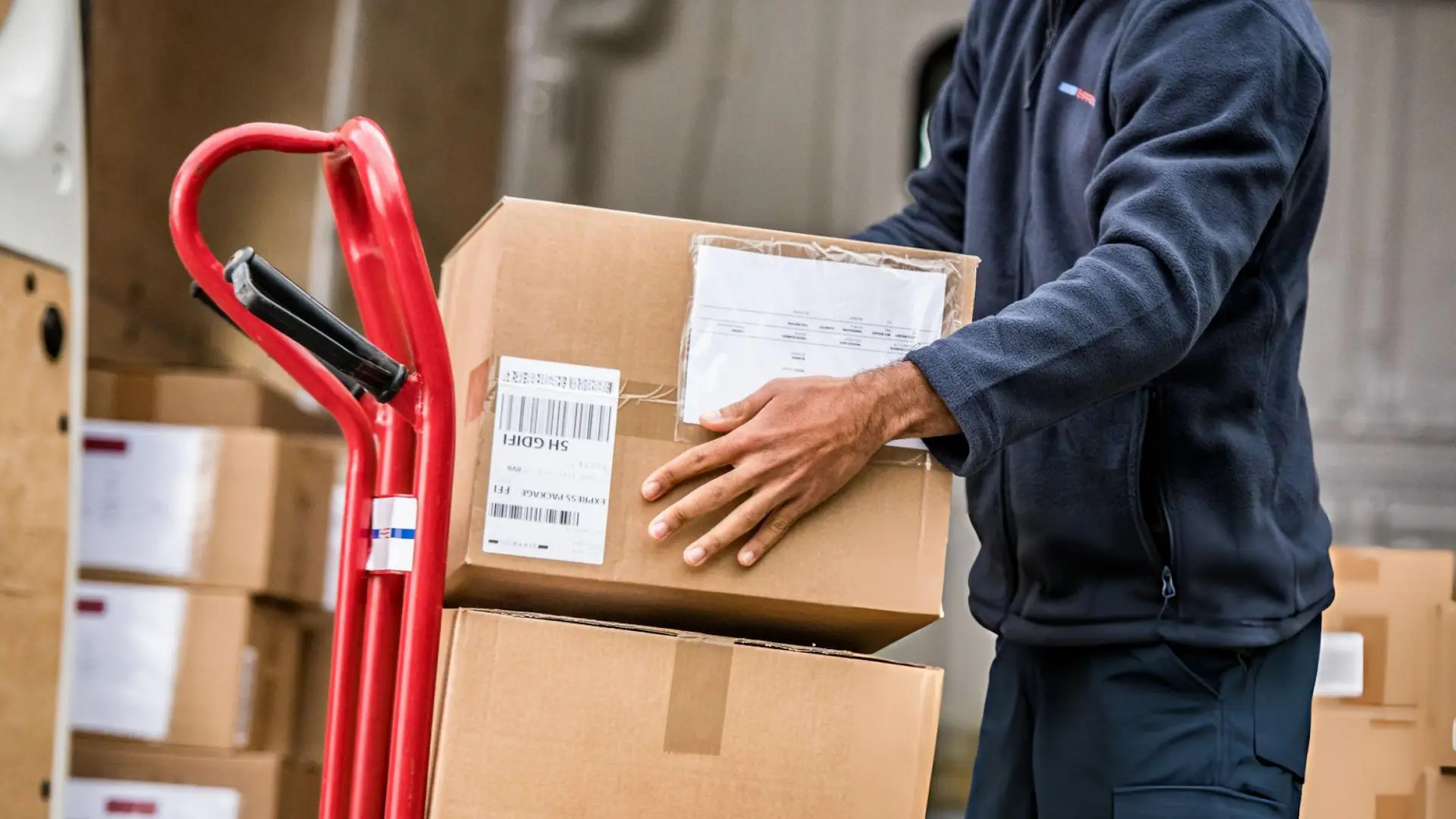Understanding Last Mile Delivery
.webp)
In today’s fast-paced world, the efficiency of last mile delivery is pivotal to the success of e-commerce and retail industries. This final step in the shipping process, where goods are delivered from a transportation hub to the customer's doorstep, significantly impacts overall customer satisfaction and the logistic company’s operational efficiency. However, despite its importance, last mile delivery presents numerous challenges and opportunities for innovation.
What is Last Mile Delivery?
Last mile delivery represents the final segment in the logistics chain, where products are transported from a warehouse or fulfillment center directly to the consumer’s doorstep. This phase is pivotal because it ultimately determines the speed of delivery, influences overall customer satisfaction, and significantly impacts the cost-efficiency of the entire shipping process.
At its core, last mile delivery aims to deliver goods to the customer in the quickest and most efficient manner possible. Given its importance, it is often the most scrutinized part of the delivery process. Businesses strive to perfect this stage as it is not only about transporting an item but also ensuring it arrives in perfect condition, on time, and to the right location, all while keeping operational costs in check.
Efficiency in last mile delivery can often be the competitive edge ecommerce and retail businesses need. The ability to deliver quickly and reliably affects customer loyalty and retention directly, as consumers increasingly expect faster deliveries. Additionally, the last mile delivery is often the most expensive and complex part of the shipping process, accounting for a significant portion of the total transportation costs due to the challenges of individual package delivery in varied locations.
Challenges Faced by Last Mile Carriers
Urban Congestion
One of the most significant challenges in last mile delivery is navigating through congested urban areas. Cities, with their dense populations and bustling activity, often pose numerous obstacles for delivery vehicles. Traffic jams and bottlenecks are commonplace, leading to delayed deliveries that not only frustrate customers but also increase fuel consumption and operational costs. These delays can disrupt the entire delivery schedule, affecting not just individual deliveries but the overall efficiency of the shipping operation. Moreover, urban congestion demands more complex route planning and can lead to increased wear and tear on vehicles, further escalating maintenance costs.
Remote Rural Deliveries
Delivering to remote or rural areas introduces a different set of challenges compared to urban deliveries. The vast distances between delivery points can lead to longer delivery routes and increased fuel expenses. Rural areas often have less optimal road conditions and fewer direct routes, which complicates route planning and increases the risk of delays. Additionally, the sparsity of deliveries in these areas means that the cost per delivery is inherently higher due to the lack of consolidation benefits that are more easily achieved in denser urban centers. These logistical challenges require carriers to devise specialized strategies to manage costs and maintain service levels.
Customer Availability
The variable of customer availability also significantly impacts last mile delivery efficiency. Ensuring that customers are available to receive their packages at the time of delivery is crucial. Missed delivery attempts not only lead to increased costs due to the need for redelivery but also negatively affect customer satisfaction. This challenge is particularly prevalent in areas where secure package drop-off locations are not available, requiring precise coordination with the customer. The rise of e-commerce has increased customer expectations for delivery flexibility and precision, making this aspect of last mile logistics even more critical. To address this, many companies are turning to technology solutions like real-time tracking and dynamic scheduling to better align delivery times with customer availability, thereby reducing the incidence of missed deliveries and improving the overall efficiency of the delivery process.
Innovative Last Mile Logistics Solutions
Advanced Route Planning Strategies
Sophisticated route planning is essential for enhancing the efficiency of last mile delivery. By leveraging comprehensive data analysis on traffic patterns, weather conditions, and customer availability, logistics companies can develop optimized delivery routes. This approach not only streamlines the delivery process but also minimizes delays and reduces operational costs, ensuring deliveries are both timely and cost-effective.
Real-time Tracking Systems
Advanced tracking systems are a cornerstone of modern logistics, offering unprecedented transparency into the delivery process. These systems enable both customers and businesses to access real-time information about the location and status of their deliveries at any moment. This level of transparency is not just about providing a better customer experience; it also builds trust, as customers no longer have to wonder about the whereabouts of their orders.
Autonomous Delivery Vehicles
The integration of autonomous vehicles (AVs) and drones represents a transformative shift in last mile delivery. These technologies offer the potential to significantly reduce labor costs associated with delivery and minimize human errors that can lead to delays and product damage. Autonomous delivery vehicles can operate around the clock without concerns for driver fatigue, increasing delivery windows to provide customers with more flexibility and convenience.
Drones, in particular, provide a fast delivery option for small items, enabling direct delivery to locations that might be challenging for traditional vehicles to reach quickly due to road traffic or challenging terrain. This can be especially beneficial in urban environments or remote areas, where quick delivery times can drastically improve customer satisfaction.
Crowdsourced Delivery
Crowdsourced delivery is a modern logistics solution where deliveries are performed by local drivers who use their own vehicles. This method leverages the community to facilitate faster, more flexible delivery services. By connecting a network of non-professional couriers to consumers through a digital platform, crowdsourced delivery can reduce costs and increase delivery speed, especially in urban areas. This approach also helps optimize route efficiency by distributing delivery tasks across numerous available drivers, enhancing overall last mile delivery effectiveness.
Optimizing Last Mile Operations
Integration of GPS and Routing Software
The implementation of GPS technology coupled with sophisticated routing software is revolutionizing the efficiency of last mile delivery. By leveraging real-time GPS data, these tools provide delivery personnel with the most efficient and quickest routes to their destinations. This optimization is crucial in avoiding traffic congestion and road closures, thereby minimizing delays and enhancing the timely delivery of goods.
Training for Delivery Personnel
Training delivery personnel is another critical aspect of optimizing last mile delivery. Comprehensive training programs equip staff with the necessary skills to handle a variety of on-the-job challenges that might arise, from navigating complex delivery environments to managing customer interactions effectively.
Role of Fulfillment in Last Mile Delivery
Efficient Packing and Labeling
Proper packing and accurate labeling speed up the handling process and reduce the chances of errors during shipping, ensuring that products reach consumers in pristine condition.
Strategic Warehouse Placement
Locating warehouses closer to major customer bases decreases transit times and lowers shipping costs, making last mile delivery more efficient.
Returns Management
A streamlined process for handling returns can significantly enhance customer trust and lead to repeat business, reinforcing the importance of an efficient last mile strategy.
Conclusion
As the demand for faster, more reliable deliveries continues to grow, optimizing last mile delivery becomes increasingly critical. By addressing its unique challenges and embracing innovative logistics solutions, companies can significantly enhance customer satisfaction and streamline their delivery systems. The evolution of last mile delivery is ongoing, and staying ahead in this field means continuously adapting to new technologies and changing consumer expectations.
For ecommerce brands looking to improve their last mile delivery capabilities, Atomix Logistics offers solutions tailored to your specific needs. We understand the complexities of last mile delivery and are equipped with the tools and expertise to help you overcome these challenges effectively. Reach out to us today to see how we can enhance your delivery process and reduce operational costs.
Last Mile Delivery FAQs
What is last mile delivery in logistics?
Last mile delivery refers to the final step of the delivery process where the product is transferred from a transportation hub to the final delivery address, typically the customer's home.
Why is last mile delivery important?
It directly affects customer satisfaction due to its impact on delivery speed and reliability, making it a critical component of the supply chain.
What are the main challenges in last mile delivery?
The primary challenges include urban congestion, delivery to remote areas, and ensuring customer availability to receive packages.
How can last mile delivery be optimized?
Optimization strategies for last mile delivery focus on several key areas to enhance efficiency and reliability. Implementing real-time delivery tracking systems ensures transparency and improves customer communication.

.svg)
.svg)
.svg)




